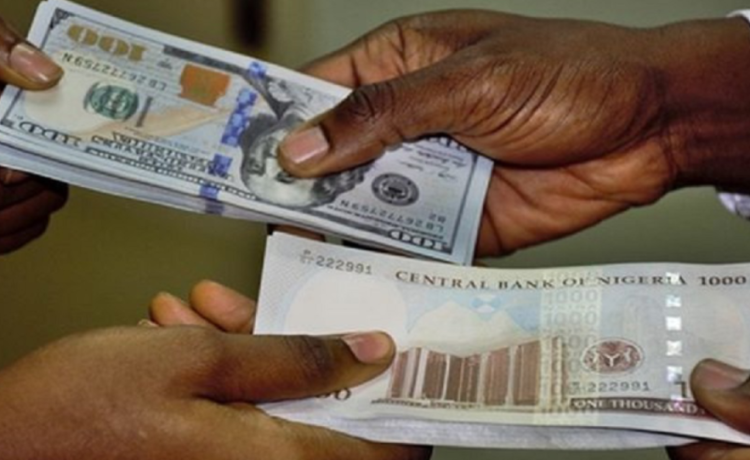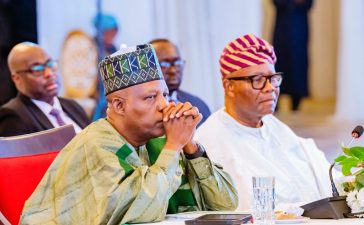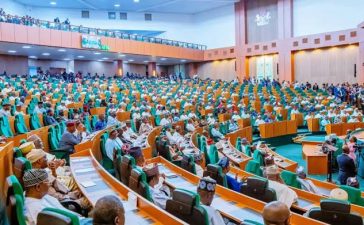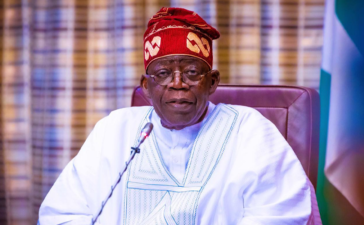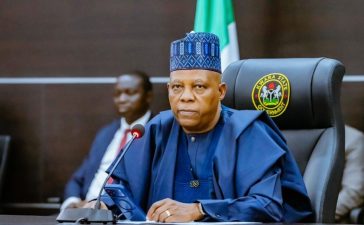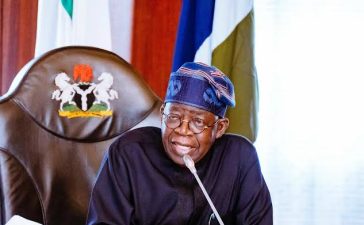The naira weakened slightly to N1,606.00/$1 at the official foreign exchange (FX) market on Tuesday, April 22, 2025, according to data from the Central Bank of Nigeria (CBN). This marks a 0.34% depreciation from the N1,600.50/$1 recorded on Thursday, April 17, the last trading day before the Easter holidays.
The marginal decline of N5.50 underscores ongoing pressure on the local currency, driven by sustained demand for dollars and lingering liquidity concerns.
In the parallel market, commonly referred to as the black market, the naira also recorded a slight dip, exchanging at N1,615/$1 on Tuesday—N5 weaker than the N1,610/$1 rate seen before the break. This information was verified by a Bureau De Change (BDC) operator in Wuse Zone 4, Abuja.
The persistent gap between the official and parallel market rates highlights continuing challenges in Nigeria’s FX policy, despite recent reforms aimed at unifying the system.
Analysts link the latest depreciation to limited dollar inflows during the holidays, speculative buying, and delayed CBN interventions.
“The fact that the naira weakened across both markets post-holiday shows there are still concerns around FX liquidity,” said Raheem Obadofin, a Lagos-based forex trader.
“Market participants remain cautious as demand outpaces supply.”
Although the CBN has recently made efforts to stabilize the naira—such as clearing FX backlogs and injecting foreign currency into the market—the supply side continues to face stress.
For Nigeria’s import-dependent economy, the naira’s continued slide presents challenges for both businesses and consumers:Importers, who often rely on the parallel market for FX, are grappling with rising costs, The elevated exchange rate further fuels inflation, affecting prices of goods and services across the country.
Market stakeholders are calling for stronger and more frequent CBN interventions to bring stability. Analysts emphasize that long-term stability hinges on sustained reforms, increased dollar inflows, and improved FX management.

